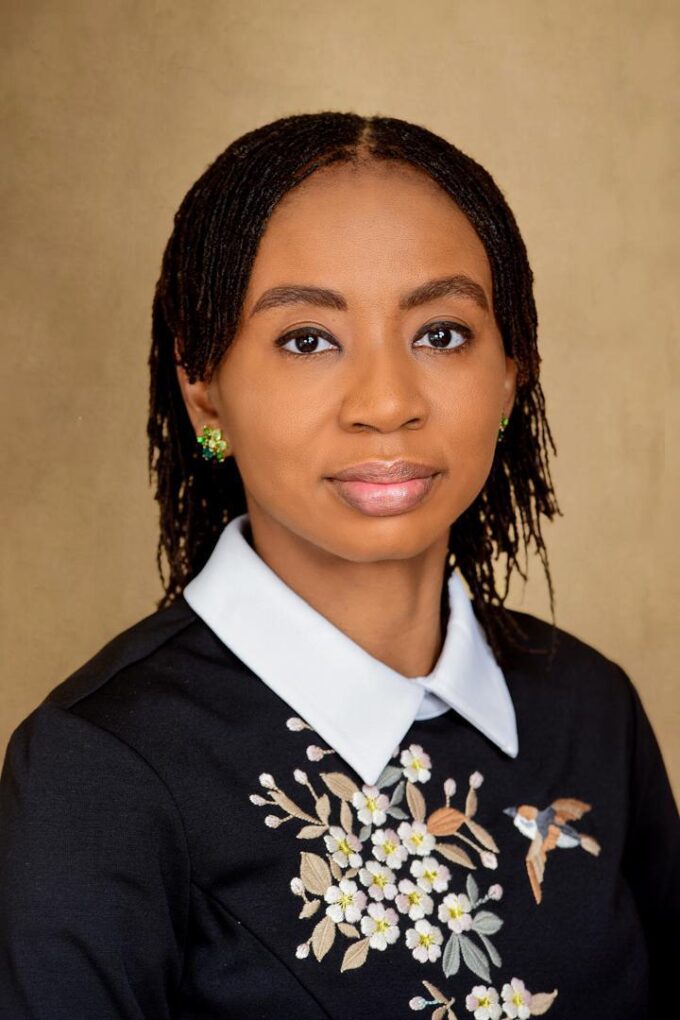HISTORICAL DEVELOPMENTS
The Nigerian Pension Industry has come a long way, from a checked history through to its present position. From military decrees establishing different but not harmonized pensions for the public and private sectors down to the Pension Reform Act of 2014. It predates the times of National Providence Fund; the Udoji commission recommendations; and the National Insurance Trust Fund.
Before the enactments of the 2004 Pension Reform Act came into existence, there were gaps and increasing challenges as the Nigerian working class population grew in size and in sophistication. With a population edging towards Two hundred million, a sizeable number of which are in the Working Class and a bulging funding gap in the exiting pension schemes and the swings in oil price and supply, there seemed no option but for the government to seek ways to unburden itself from avoidable financial weights, yet not fail in its obligations.
It was even a belated response because the world had since abandoned ‘free lunch in Freetown ‘. The public private partnership had become vogue to induce efficiency, financial responsibility and unburden the world Governments to face more pressing challenges.
The Pension Reform Act in 2004 became a good marriage of all divergent factors. Success since then has seen the ‘eliminating’ of the very corrupt syndicates stealing the pension funds massively, as well as gradual decimation of unnecessary bureaucracy in accessing retirement benefits. Also, it provided an efficient platform for establishing and creating a definition for private sector pension which several organizations evaded previously. This sector is a large labor employer.
There appears to be a dislike by some civil servants for the contributory pension scheme because, it is thought that it pays lower than the defined benefits scheme. This leads to attempts to by some implementers to frustrate it in many states. This is not true as the individual contributors’ funds would grow as the number of years a person is working increases and the investment returns are applied on a compound interest basis. They forget quickly that the governments can no longer carry such weights directly as it did in the past. Presently, it is difficult for many state Governments to meet up salary payments. This is the new reality.
The fears of delayed retirement benefits payments also exist. This has been misunderstood to be a deficiency of the CPS. No, rather, it is transitional. It is the effects of delays in funding of the past accrued pension liabilities into the Contributory Pension fund by the Government. The delays would have been worse anyway, had the contributory pension scheme not taken place. The CPS is reducing upfront the Government’s liability.
Quickly forgotten also was the tedious bureaucracy that bedeviled the pursuit of retirement benefits in the recent past. These are the same delays and uncertainties that CPS is bringing a stop to an end. Thus, the transition is like a difficult delivery of a baby into a new world. Those who have benefited or hope to benefit from the past scheme will be clog in the progress wheel
Only recently, the fund survived being cannibalized from various agitations from various quarters for own control of their pensions. It took the will of the CBN, FMF and other strong bodies to disintegrate the seeming ‘coalition’ to unbundle the success story so far.
The PRA pension model Stimulates individual and national savings culture and helping the people to not only take their destinies in their hands but be responsible for it. To illustrate, children are expected to rise to take their destinies in their hands after a certain level of training by their parents.
The PRA model of contributory pension scheme harmonized the public and private sectors in pensions management. The private sector pensions became harnessed and structured. The was also designed to grow itself through investments and provide liquidity, provide capital for investment and develop the economy, critical infrastructure and long-term investments.
The CPS (Contributory Pension Scheme) is maturing. It is responsive to the Environment. The peculiarities of Nigeria, its history, its culture leads to various other concerns both for the contributors directly and the nation as a whole. The scheme has exceeded a decade of practice. The Industry, despite its success in accumulating such a massive fund, (without being stolen or decimated), which is a great feat that no other industry except may be the oil industry is doing, is grossly misunderstood.
Accumulating such fund size (N7.9Trillion) looks strange in an environment where any sizable accumulating fund is ‘attacked’, while the CPS looks impregnable, is disturbing to some. The Industry has survived various attacks. In response, like the sustainable development philosophy, the industry has chosen to go beyond its immediate objectives of being set up, which is safety and security of the pension fund, and availability when needed, to the helping to develop the economy and bridging infrastructural gaps.
In line with this, the MULTI-FUND era commenced this July this year. This has segmented the Pension funds into four parts, which determines to which extent each fund may be used – long term or short, with the consequent benefit of higher returns on investment potential for the younger contributors who may not need their funds for longer time.
It will address critical funding challenges. There is a yawning gap in the nation’s infrastructure needs such as stable light on which large and small industries grow, which creates jobs and relates to the economy to address transportation gaps, housing and house ownership, health, education etc.
Other benefits would include helping stability of the stock market by reducing the volatility impact created by capital flight. It would Create more capital and liquidity for firms and to explore growth potentials. GDP would also be enhanced.
Financial intelligence will grow, and knowledge domiciled, and the international players would hence show more interest in the Nigerian Market.
There is however, a temporary concern from contributors of this seeming change, though largely a reclassification. It is like asking ‘what are these people doing with our money and our future?’ It is a natural concern. There also legitimate fears of legitimate and transparent use of the funds.
Again, there is the dislike by some civil servants for the contributory pension scheme because, it is thought that it pays lower than the defined benefits scheme. This leads to attempts to by some implementers to frustrate it in many states. They forget quickly that the governments can longer carry such weights. This more so when it difficult to meet up salary payments. This is the new reality. These are some of the many concerns.
Consequently, the Industry has seen renewed need to continue to enlighten the public and contributors that the security of their fund is not in doubt. All Investment returns go into their accounts. The entire contributions and income earned are being continuously invested and reinvested. They should seek to get their quarterly statements. E-statement is though, is very efficient. Hard copies are deliverable, though with risk of loss in transit where many homes do not specific addresses. As such, supplying correct personal data, with needed updates are very, very important to reduce future challenges.
Creating trust and confidence in the public and contributors thus means increasing transparency and constant enlightenment. Incidentally, it would amaze you that pension knowledge is still shallow, even in enlightened environments. The Industry on its own is continually deepening investment knowledge and capacity thus enabling gradual entry into the global stage activities. ETHICAL AND PROFESSIONAL STANDARDS of practice is continually being highlighted.
The benefits of this trust is a win-win setting for all stakeholders. Contributors are certain of healthy returns /growth of their pension funds; greater sense of security, a more structured financial environment and capacity development in money matters.
The Government gains more, probably, because it is largely unburdened of such obligations and can then concentrate on economic activities, which would lead to economic growth and development, and social security will be greatly enhanced.
STATES
The state Governments are however, a major group that is lagging behind. It is not as if they do not appreciate it, but they will need a strong political will to do this. Some states like Lagos, Delta, Niger, Jigawa, Kaduna and a few others are already in the fore-front, while others are at various stages of adoption.
The state governors owe the social and moral responsibility to face this issue Head on. Admitted, it is a huge challenge. Their inherited deficits are gargantuan!! But, this is not insurmountable. Only a strong moral sense and political will to establish and implement the CPS will achieve it. Not taking the initiative is shifting the dooms day. Posterity will not exonerate such Governments.
Engaging PENCOM productively, the PFAs, and less bureaucracy and politicking is what will see it through like the Kaduna state a Government did recently.
By Glory Etaduovie, MD/CEO, IEI-Anchor Pension Managers Limited














